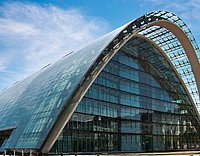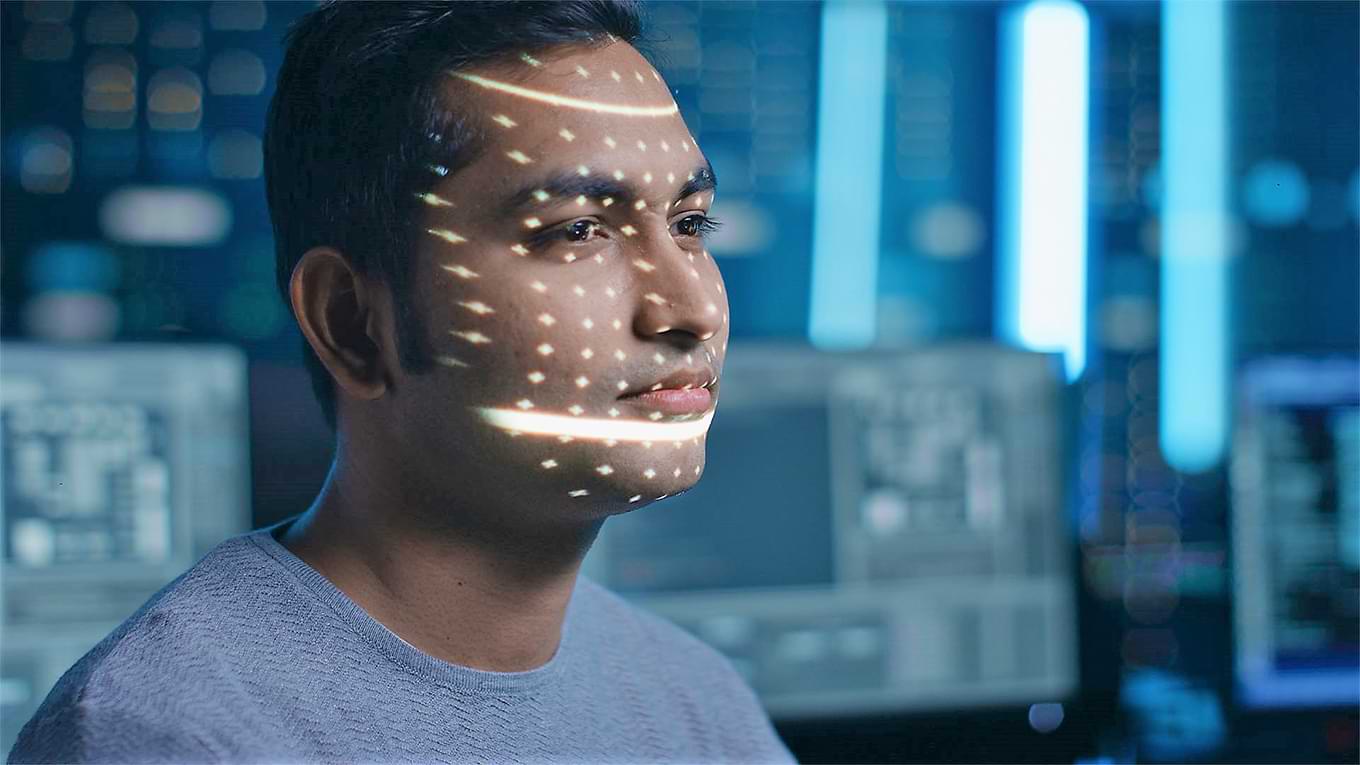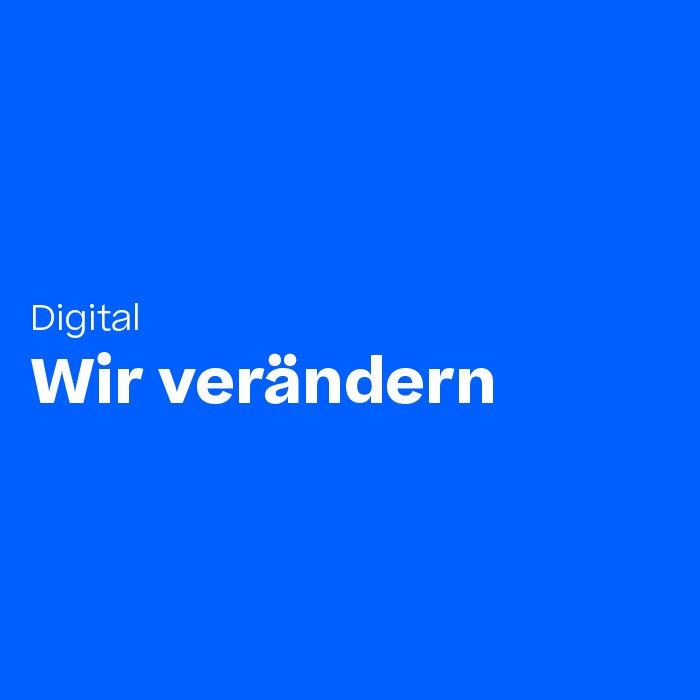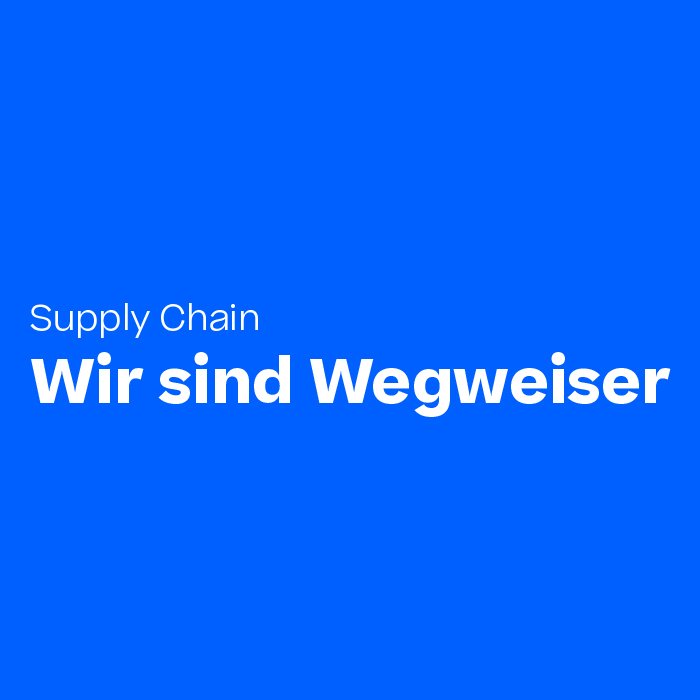
Unsere Geschäftsfelder
In den Geschäftsfeldern Digital, Pharma, Supply Chain und Technologies entwickeln wir Produkte, Lösungen und Services, die Sie als Kunden und Partner begeistern. Erfahren Sie mehr!
Wir setzen unternehmerisches Denken in Kundenerfolge um und gestalten den technologischen Wandel. Wir sind Körber – ein internationaler Technologiekonzern mit mehr als 12.000 Mitarbeitern an über 100 Standorten weltweit.


Die Körber Insights zeigen das gesamte Spektrum der Körber-Welt: Wir geben Einblicke in spannende Entwicklungen und Trends, in Innovationen und Technologien. Außerdem stellen wir Persönlichkeiten vor, die Körber mit ihrem Unternehmergeist und neuen Ideen jeden Tag vorantreiben.
Mehr erfahrenIn den Geschäftsfeldern Digital, Pharma, Supply Chain und Technologies entwickeln wir Produkte, Lösungen und Services, die Sie als Kunden und Partner begeistern. Erfahren Sie mehr!

Unser Geschäftsfeld Digital nutzt künstliche Intelligenz, um die industrielle Fertigung digital zu transformieren - und schafft so messbaren Mehrwert.

Das Geschäftsfeld Supply Chain bietet passende Logistiklösungen, die exakt zu Größe, Geschäftsstrategie und Wachstumsplänen unserer Kunden passen.
Sie sind Journalist, Blogger oder Influencer und suchen nach aktuellen Informationen oder Geschichten aus dem Körber-Konzern und seinen Geschäftsfeldern Körber Digital, Pharma, Supply Chain und Technologies? Dann sind Sie hier richtig.
Auf unseren Konferenzen, Messeständen und Tagen der offnen Tür geben wir exklusive Einblicke in neueste Innovationen, Trends und Produktentwicklungen. Nutzen Sie die Gelegenheit und treffen Sie inspirierende Vordenker, Geschäftspartner, großartige Talente und potenzielle Kollegen.
Gestalter, Macher, Pioniere: Wir sind weltweit aktiv und fasziniert von Innovation – so erreichen wir Marktführerschaft durch Technologieführerschaft! Wir sind Körber – die Heimat für Unternehmer.